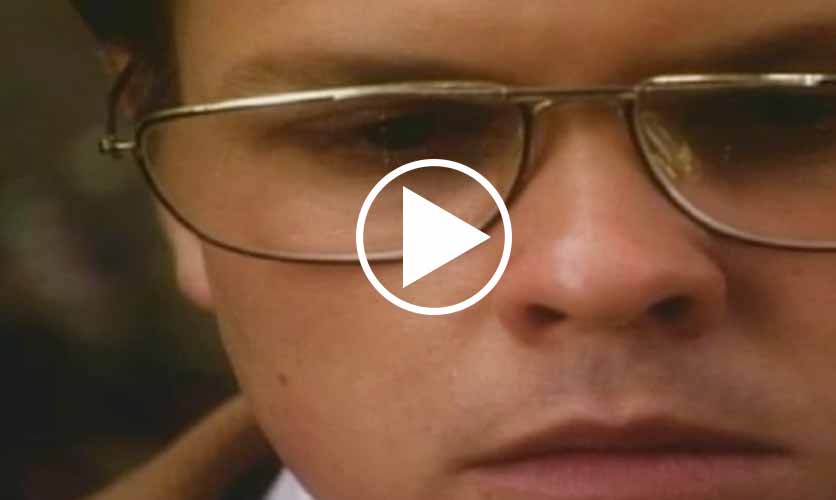John Hinckley, Jr. Trial (1982)

The verdict of "not guilty" for reason of insanity in the 1982 trial of John Hinckley, Jr. for his attempted assassination of President Ronald Reagan stunned and outraged many Americans. An ABC News poll taken the day after the verdict showed 83% of those polled thought "justice was not done" in the Hinckley case. Some people--without much evidence--attributed the verdict to an anti-Reagan bias on the part the Washington, D. C. jury of eleven blacks and one white. Many more people, however, blamed a legal system that they claimed made it too easy for juries to return "not guilty" verdicts in insanity cases--despite the fact that such pleas were made in only 2% of felony cases and failed over 75% of the time. Public pressure resulting from the Hinckley verdict spurred Congress and most states into enacting major reforms of laws governing the use of the insanity defense.
The Hinckley trial highlights the difficulty of a system that forces jurors to label a defendant either "sane" or "insane" when the defendant may in fact be close to the middle on a spectrum ranging from Star Trek's Mr. Spock to the person who strangles his wife thinking that he's squeezing a grapefruit. Any objective evaluation of John Hinckley's mental condition shows him to be a troubled young man--not, as one prosecution witness described him, "a normal, All-American boy." But how troubled? The prosecution contended that Hinckley suffered only from "personality disorders" of the type affecting five to ten percent of the population, whereas the defense saw the same evidence as demonstrating Hinckley's serious mental illness.
The Hinckley trial, perhaps better than any other famous trial, reveals the difficulty of ascertaining what exactly is going on in the head of another human being--and then in using that imperfect knowledge to answer a legal question that reduces complex and changing mental states to two oversimplified categories....Continued


